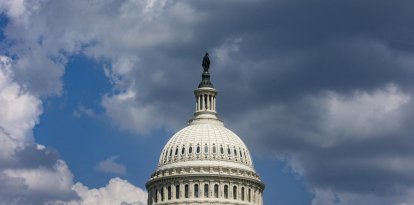Iowa lawmakers pass bill to ban DEI offices at public universities
Senate File 2435 will take effect on July 1, 2025.

(Wikimedia Commons)
Iowa Republican lawmakers introduced a bill intended to ban DEI (Diversity, Equity and Inclusion) offices at public universities. Senate File 2435 would ban universities governed by the Board of Regents from funding DEI offices unless required by federal or state laws or accreditation standards.
Once approved, the bill will go into effect on July 1, 2025, and Iowa State University, the University of Iowa and the University of Northern Iowa will have to comply with this regulation.
This regulation is nothing new. The Courier reports that Republican legislators have been trying to ban public universities from establishing DEI offices for quite some time. They argued it is a policy that favors "any effort to promote differential treatment of or provide special benefits to individuals on the basis of race, color or ethnicity." Furthermore, Republican legislators explained that these offices "represent a left-wing political ideology and increase unnecessary administrative costs."
Iowa has been trying to introduce this bill since the beginning of the year
The proposal has been in progress since the beginning of the year. It was initially passed by the Iowa House earlier this year but the Senate did not take it up. After this, the draft underwent several revisions between the House and the Senate until it was ultimately approved this Friday. Representative Carter Nordman explained that it was finally approved because they had introduced new modifications based on the regents' recommendations:
Once the law passes, public universities will not be able to hire or assign any worker to perform DEI tasks, nor will they be able to give preferential treatment to a person based on DEI policies. The regulations, however, will not apply to groups of students, instruction of academic courses, speakers, or research and creative projects performed by students, staff or faculty.

























